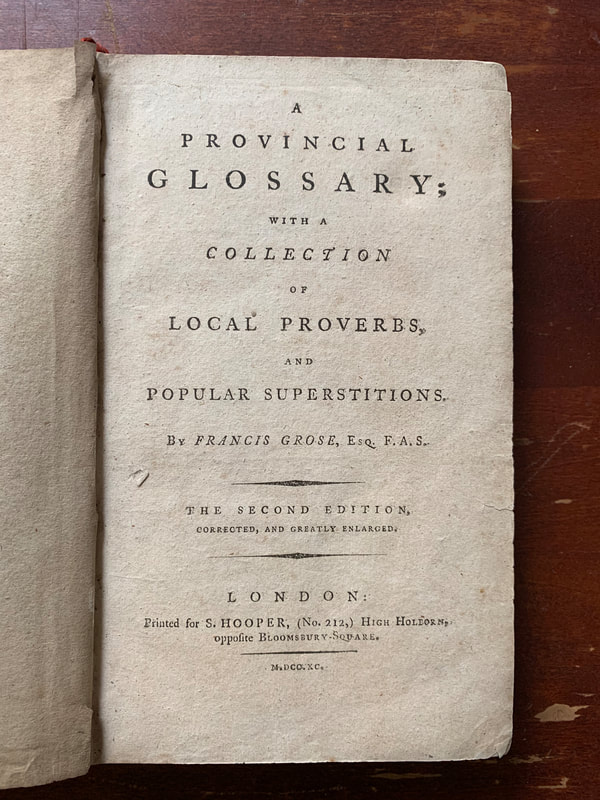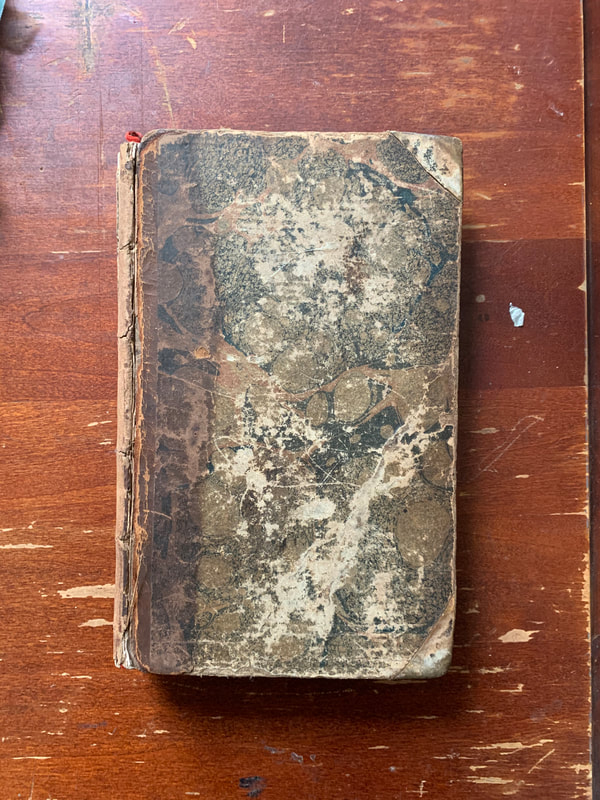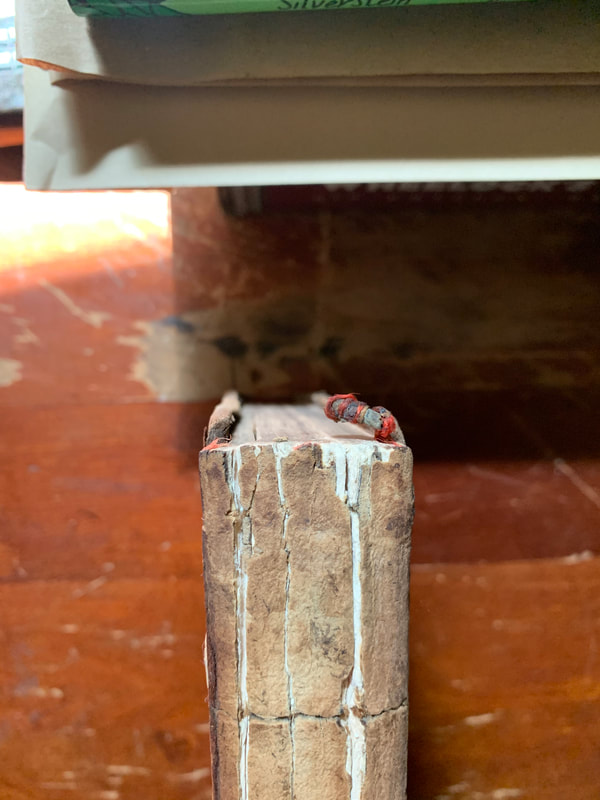|
I've got a soft spot for dictionaries, especially those that focus on some specific topical lexicon - lists of medical, artistic, archaic, slang, or spicy words, as examples. Language, as far as I'm concerned, is the basis for society as we know it, and the breadth and depth to which we develop and record the words we use reveal a great deal about how and why we communicate, the time and place we live in, and what elements of that existence are important to us. Queue the latest addition to my dictionary collection, Francis Grose's A Provincial Glossary: with a Collection of Local Proverbs and Popular Superstitions, this second edition published in London in 1790. Through his extensive military postings throughout London, Grose compiled what he felt to be the first comprehensive glossary of slang and colloquialisms used throughout the kingdom on the shoulders of many 'divers partial collections', including those words fallen into disuse or obsolescence, those derived and corrupted from Latin, French, or German roots, and those arbitrary words which have no etymological precedent but nevertheless struck a chord within a community and for which a more-or-less mutually accepted meaning was established. The second section of this volume deals with popular superstitions on pertinent topics, from discerning witches by their having no more than three tears from the left eye, portending death by relative proximity to various animals, and curing tooth-ache by driving nails into the nearest oak tree. If you find yourself with some sick cattle and have an oval crystal and a bathtub on-hand, you can study the full text through Google Books. The organic, almost arbitrary nature of language suggests that the words and phrases we use today are derived and invented in just the same way as they were in 1790, often with the same degree of objective nonsense. Dictionaries like this one provide critical insight into the origin of terms which survive and are still used today, reveal just as many elements and interests we share with the the people of 200 years ago as they do trends we've long since grown out of. With that in mind, will my exclaiming "Ni ni!" the next time I see a finely dressed gentlemen or referring to pimples as "plooks" be enough to spark a revival of these terms, or has their seel passed? Time will sickerly goom sike.
1 Comment
|



